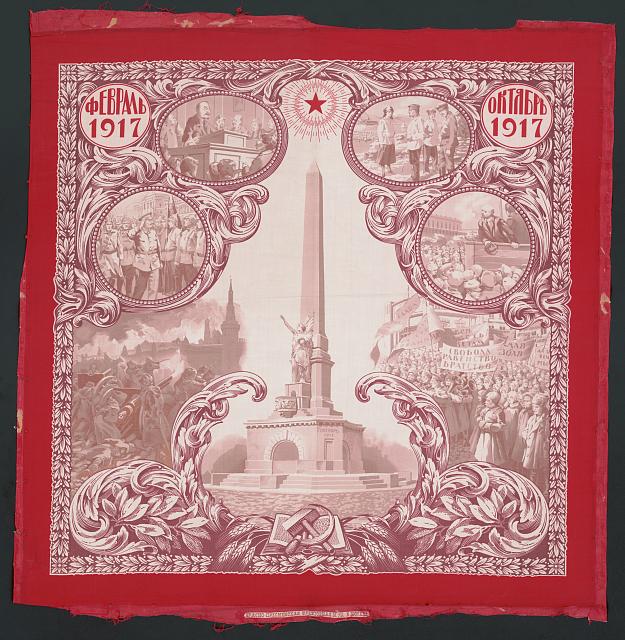Institutions of Memory
Continuing with Masha Gessen's The Future is History. The book is a remarkable achievement of deeply reported narrative journalism. There are moments in the book where I wonder how Gessen developed their relationship to the people who form the core of this story - the effect is a little disorienting, as you read as though you were in these subjects' lives and yet the relationships that made that position possible are largely invisible.
In any event - I've been continuing to think through Gessen's definition of politics that they introduce in Surviving Autocracy (quoted here): "It ought to refer to the vital project of negotiating how we live together as a city, a state, or a country; of working across difference; of acting collectively."
There seem to be two linked themes that run through the first third of The Future is History: First, psychology matters. Gessen repeatedly returns to this idea of trauma, loss - the inability of so many to own up to the violences that made their lives possible. In place of real mourning, a real confrontation with the past, there's a logic of substitution and transference. It makes for a compelling narrative, even if I'm unsure about the extent to which psychology (individual or collective) provides an explanatory framework. But the second theme is that resonates most strongly with me and my interests: The crucial role that words, texts, discourses, and institutions play - if language provides the limits of what we can think and feel, Gessen is attuned to what happens (or what becomes impossible) when we don't have access to something common.
So, for example, Gessen writes about public reaction to September 11th - what began as "sympathy and compassion" became very quickly "the search for a way to blame the Americans themselves for the tragedy" (TFiH, p. 232). Why? Partly because of a "habitual insensitivity... developed in response to the wars, the terror, the violence, and poverty of its own twentieth century" (p. 232). But that insensitivity stems from "the lack of social or cultural institutions that help process feelings" (p. 233). And it's that part that interests me - what are the institutions that help to process feelings and help people engage in that project of negotiation that Gessen calls politics?
I'm trying to develop a comparative project about memory - and as part of that project, I'm engaged in trying to answer that perennial question: Why? I think because if we want to understand how people engage in the project of politics, there needs to be some kind of relationship to the past. Talking about the past, defining the past, assigning blame and responsibility, is one part of how people negotiate with each other - tell each other stories to live. (And here, thinking about the great conversation between Kim Stanley Robinson and Ezra Klein the other day, Stanley Robinson's correct insistence on the central role that stories play in how the economy operates.) And so if we think that these stories matter, then one way to begin studying them [and thus understanding the kinds of politics they give rise to] is by paying attention to different kinds of institutions that help to process feelings.
(And also thinking: Is processing feelings geographical? Does it have something to do with how people develop a sense of who they are by defining where they are? I think so but need to develop that.)
So:
- Museums, of course
- Ministries & bureaucracies
- Individual homes
- Media outlets
- Monuments and statues
 |
| Print, ca. 1917, commemorating the Communist revolution. Via the Library of Congress. |
Comments